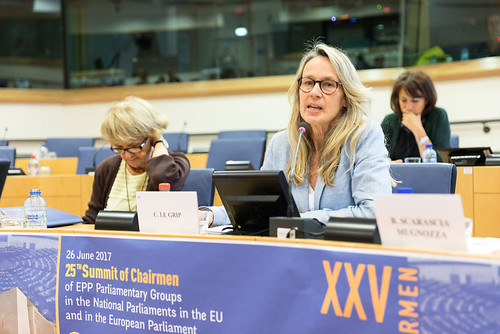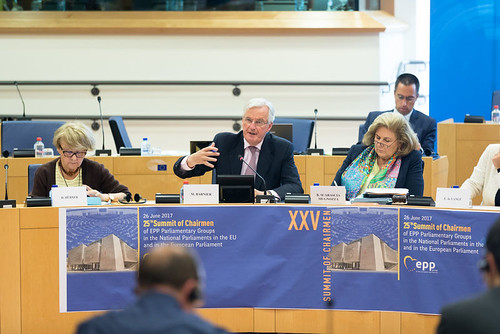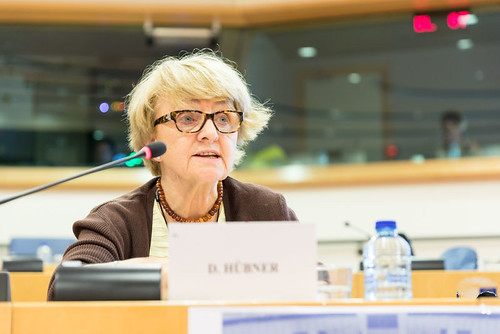In reaction to the article “US threatens to bar EU banks from exchanges” published last week in the Financial Times, I would wish to clarify a few points regarding the proposal put forward by the EU regarding the supervision of CCPs.
The third country regime for CCPs as it would be established by the Commission proposal and the European Parliament’s draft report on the amendments to EMIR is providing for a proportionate approach to the supervision of third country CCPs and for a wide degree of deference to foreign rules, even for systemically significant CCPs.
First, only those third country CCPs that will be designated by ESMA as systemically significant for the Union would have to be subject to greater supervisory input from the Union. For the vast majority of recognised third country CCPs, nothing will change compared with the current framework.
Then, the proposed amendments to EMIR would indeed require those third country CCPs that are considered to be systemically significant for the Union to apply the prudential rules and the rules concerning CCPs’ capital set out in EMIR, or equivalent rules. However, this requirement will by no means be applied in a blunt or indiscriminate manner, rather the contrary. Third country CCPs applying for recognition in the Union will be able to ask that the EU supervisor, ESMA, checks whether some of the requirements that they comply with under the legal framework of their home country achieve the same outcomes as EMIR. When this is found to be the case, the CCP will be able to keep following the rules of its home country. This so-called “comparable compliance” provision is similar to the substituted compliance that exists in the US and provides for an outcome-based and tailored assessment of equivalence. I expect the comparable compliance system to be a powerful tool for deference.
Also, even if supervision of systemically significant third country CCPs will be more equally shared between Union and third country supervisors than today, the third country supervisor will remain the primary supervisor of third country CCPs under the amended EMIR.
The amendments to EMIR do not aim at regulating third country CCPs operating in third countries but only to make sure that the systemic risk entering the Union via third country CCPs is properly controlled, either through EU rules or through rules achieving the same outcomes. Only a few weeks ago, the White Paper on cross border swaps regulation version 2.0 published by the CFTC chairman was precisely advocating for a clearer focus, in the CFTC rules, on the control of the systemic risk that may be brought in the US by third country CCPs. It seems therefore fair to say that mitigating systemic risk is an objective that is understood and shared on both sides of the Atlantic.
I finally wished to stress that deference has been the cornerstone of the Union’s approach towards third countries, and the Union today defers in practice more to foreign regulators that the CFTC does. The White Paper of the CFTC Chairman acknowledges precisely the need for more deference on the US side in order to prevent fragmentation of markets, which both in the US and in the Union we consider to be in the interest of nobody. What we now need is to create the right conditions for cooperation between Union and third country supervisors so that they can trust and continue to defer to each other in the application of the amended EMIR framework. The Union, in its 2016 equivalence decision, has clearly stated that it trusted the CFTC and has also made it clear that it had no intention of amending or repealing this decision. Rather than suggesting to bar EU banks from EU CCPs, which would be harming the US as much as the EU, the CFTC should continue to trust the Union. Mutual trust is crucial for the effective supervision of cross border markets. The CFTC should continue to engage in
constructive dialogue with the Union and also in international fora, where it is a valued contributor.







 Przejdź do kalendarza
Przejdź do kalendarza






